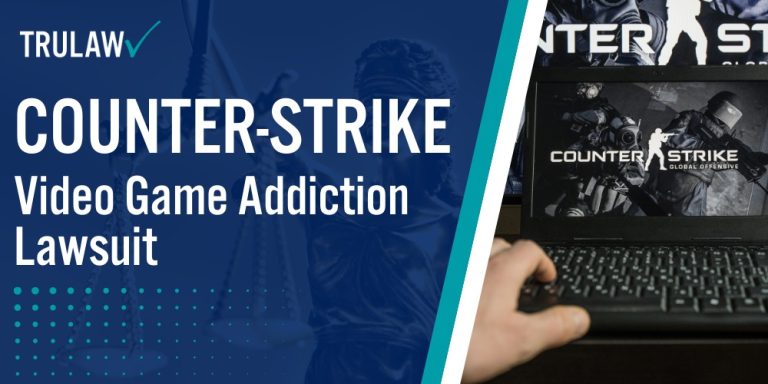Modern digital games often incorporate psychological principles and behavioral reward systems to maintain player engagement and extend play sessions.
Counter-Strike’s design elements work together to create an immersive competitive environment that can foster compulsive gaming habits, making it difficult for some players to moderate their play time.
Brain imaging studies demonstrate that gaming disorder shares neurobiological alterations typical of other addictions, including activation in reward-associated brain regions, revealing the biological basis for gaming addiction patterns.
Competitive Ranking Systems and Skill-Based Matchmaking
Counter-Strike’s competitive ranking system creates high-stakes matches where performance directly affects player status, compelling continued engagement to maintain rank placement.
The game features 18 skill groups from Silver I to Global Elite, with Elo-based matchmaking adjusting after each match.
Counter-Strike’s ranking mechanics produce several psychological effects:
- Rank drops from losses encourage excessive play by creating psychological pressure to continue playing immediately
- Skill-based matchmaking keeps players at challenge levels designed to maintain engagement
- Each match feels consequential because rank changes depend on performance metrics
Internet Gaming Disorder must cause substantial impairment or distress, with competitive gaming systems contributing to patterns that interfere with daily functioning.
Variable Reward Schedules and Dopamine Responses
Variable reward systems in Counter-Strike trigger neurological responses similar to those observed in substance use disorders, creating reinforcement loops that encourage continued engagement.
Unpredictable rewards from case openings activate dopamine pathways, making games addictive and establishing patterns of compulsive play.
These neurological reinforcement patterns manifest in the following ways:
- Variable reward schedules mimicking slot machine mechanics trigger dopamine release
- Randomized loot box contents create anticipation and excitement similar to gambling
- Case opening ceremonies with visual and audio effects heighten neurological reward responses
Research demonstrates striatal dopamine release during video gaming in the ventral striatum, the same region activated during substance use.
The World Health Organization officially recognized Gaming Disorder in ICD-11 in 2018, acknowledging neurological similarities between gaming addiction and substance use disorders.
Social Pressure and Fear of Missing Out (FOMO)
Counter-Strike’s team-based gameplay creates social obligations extending beyond individual entertainment, with players feeling responsible to teammates.
Limited-time events and seasonal content create urgency to participate regularly, while peer pressure within gaming communities reinforces excessive play patterns.
The game employs several social and urgency-driven engagement tactics:
- Five-player competitive teams requiring coordination and regular availability
- Operations and limited-time seasonal content that expire, creating fear of missing exclusive rewards
- Weekly care package drops incentivizing consistent login patterns
- Premier mode seasonal rankings that reset periodically, creating recurring urgency
Gaming disorder affects only a small proportion of people who engage in video gaming activities, but those who develop it experience substantial harm.
Counter-Strike’s social integration features can make it difficult for vulnerable players to recognize problematic gaming habits, as excessive play becomes normalized within gaming communities.
If you or someone you love has developed compulsive gaming patterns or suffered mental health problems after playing Counter-Strike, you may be eligible to seek compensation.
Contact TruLaw using the chat on this page to receive an instant case evaluation that can help you determine if you qualify to join others in filing a video game addiction lawsuit today.



